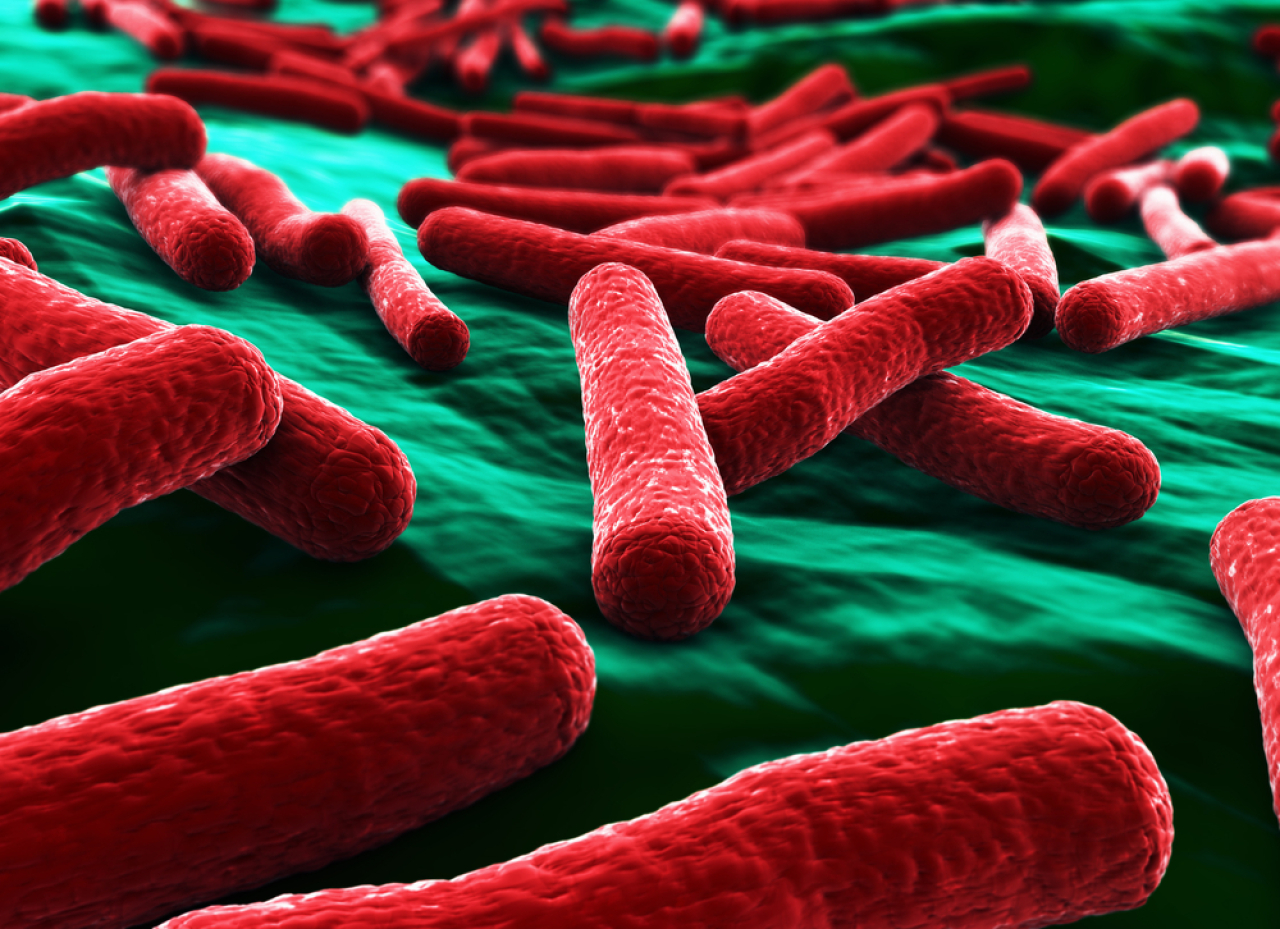
About us
Patient Information
Get the Right Care

Did you know we have a support group?
Your questions and concerns have most likely been asked and answered in our support group. Moderated by our dietitian's, nurses, and staff. We provide you with reliable patient education and resources to help you throughout this life-changing process.
Possible Link Between Gut Bacteria and Obesity?

If you haven’t heard of fecal transplants before, you may want to put it on your radar soon, as it is fast becoming one of the most promising new treatments for a variety of gastrointestinal diseases. The fecal bacteria strain in question: the Clostridium difficile.
While the image of a fecal transplant may be unpleasant, rest assured that the donor stool is rinsed and strained before it is introduced into another person or recipient, and this is done in multiple ways: through an enema, an endoscopy, or ingested orally, in pill form. The main idea is to introduce and eventually replace gut bacteria after the normal balance is disturbed (by antibiotics or other sources).
In the process of introducing C. difficile in some patients, however, doctors have stumbled upon a strange revelation that could have profound impacts on the way we see obesity. One woman who was treated with C. difficile found herself rapidly gaining weight soon after, even when she had no prior history of weight problems.
So what could have led to this patients sudden and massive weight gain? Doctors speculate that the bacteria donor could have played a role in her weight gain. Examination revealed that the recipient was also infected with other bacteria that may have changed the culture in her gut.
"We're questioning whether there was something in the fecal transplant, whether some of those 'good' bacteria we transferred may have had an impact on her metabolism in a negative way," said Colleen R. Kelly, MD, of the Warren Alpert Medical School of Brown University, who wrote the case report with Neha Alang, MD, of Newport Hospital in Rhode Island.
If true, this would mean that there could be a possible link between gut bacteria and weight. This would also be the first time such an association was made in the medical world.
A test conducted on mice further supports this assertion: transfer of gut bacteria from obese to normal-weight mice led to a marked increase in fat over time. In light of this data, doctors now recommend selecting donors who are not overweight for fecal transplants.
Source: IDSA, Open Forum Infectious Diseases
Written by Guillaume Lapointe-Gagner